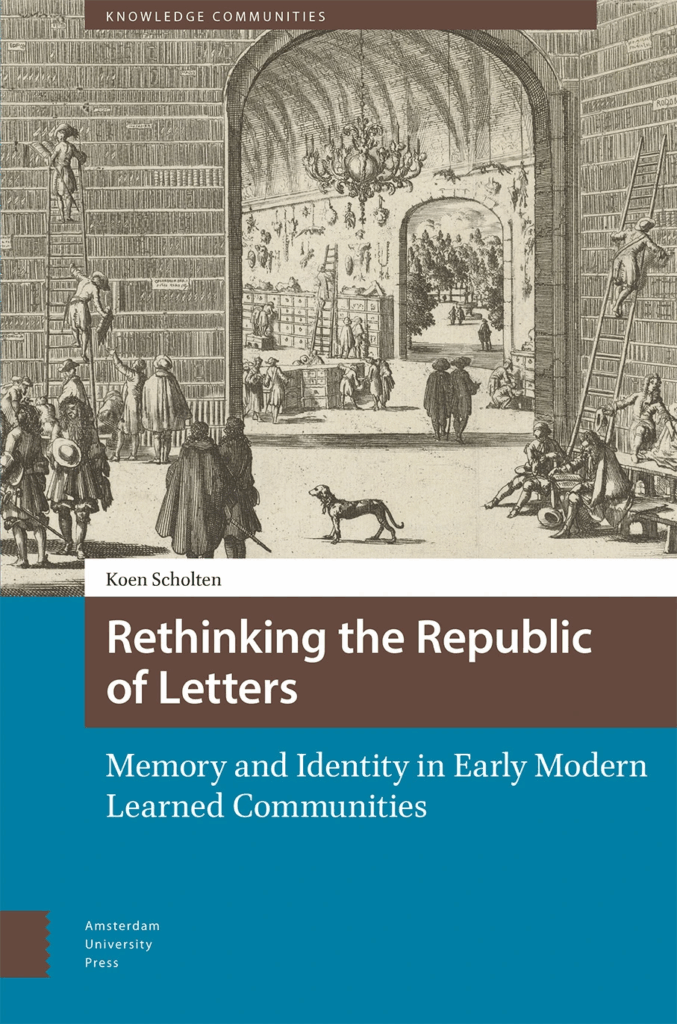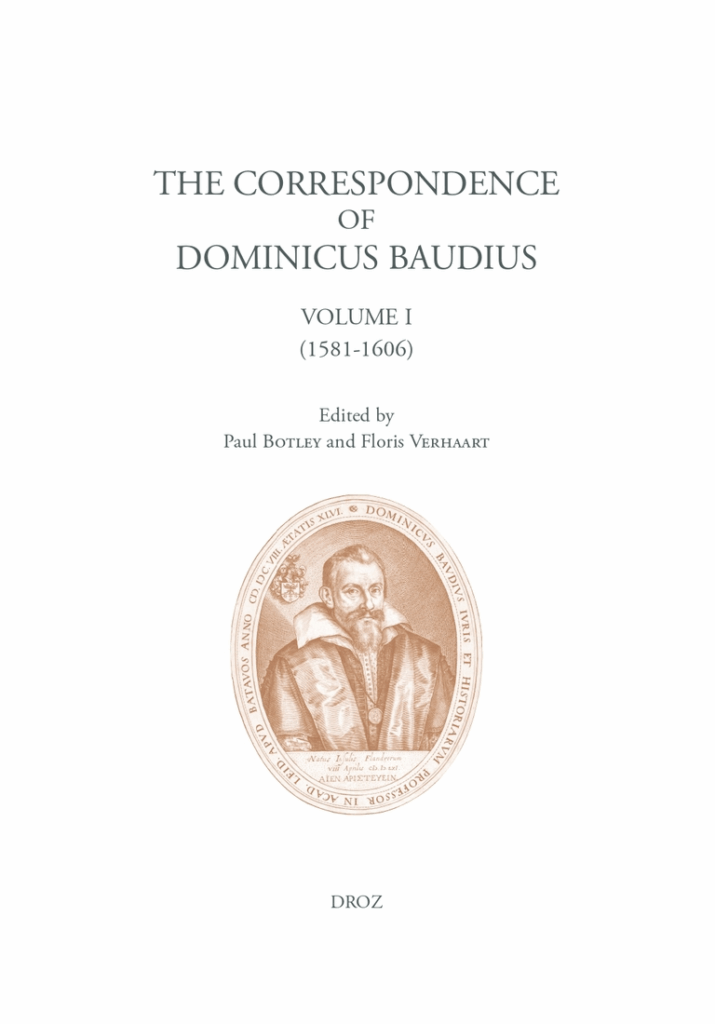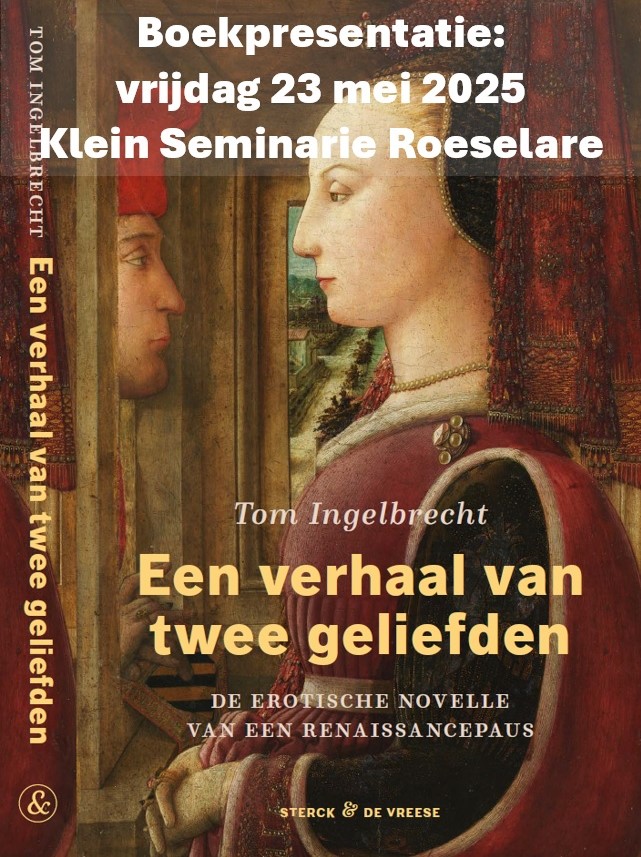Herman Hugo, Pia desideria: Hét religieuze emblemataboek van de 17 e eeuw,
vertaling Jan van den Boom (Leeuwarden: Jongbloed/Adveniat) 2025).

Aankondiging van Jan Bloemendal: “Bij de uitgeverij Jongbloed – gespecialiseerd in christelijke boeken – verscheen een nieuwe vertaling van de Pia desideria door de gepensioneerde classicus Jan van den Boom. Het is geschreven door de Jezuïet Herman Hugo (1588-1629) die aan het Spaanse hof verkeerde, in Rome is geweest en aanwezig is geweest bij het Beleg van Breda in 1624-1625, als biechtvader van de Spaanse generaal Spinola. De Vrome wensen, zoals Van den Boom de titel vertaalt, waren erg populair, er zijn vanaf de eerste editie uit 1624 veertig uitgaven bekend. Het past in de mystieke traditie, waarbij het streven is de ziel te laten samensmelten met God of met Christus. Van den Boom heeft een prachtige prestatie geleverd met een frisse en levendige vertaling, zoals de inleider Rob Faesen S.J. terecht opmerkt; de tweede inleider, Feike Dietz, wijst erop hoe uit Hugo’s Pia desideria niet alleen doorleefde vroomheid
spreekt, maar zeker ook een cognitief spel en plezier. Beide spreken ook uit deze vertaling, die zelfs op rijm is. Elk embleem bestaat uit de illustratie, het Latijnse motto met de Nederlandse vertaling, een Nederlandse vertaling van de subscriptio, het eigenlijke gedicht, een toelichting (meer algemene toelichting op juist dit embleem) en detailcommentaar op afzonderlijke verzen. We wensen Van den Boom van harte geluk met deze vertaling.”





